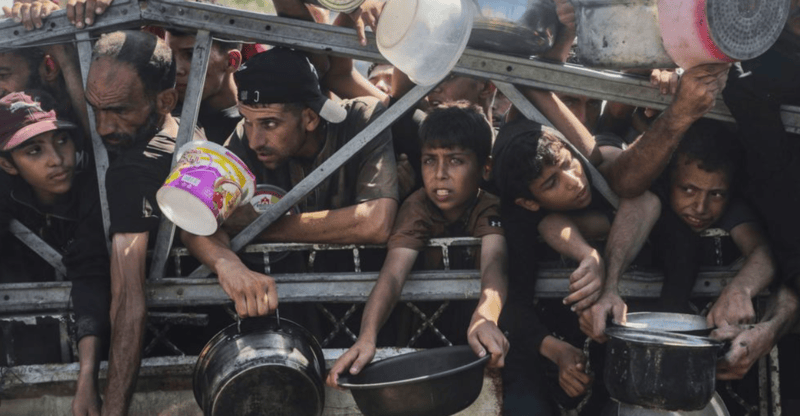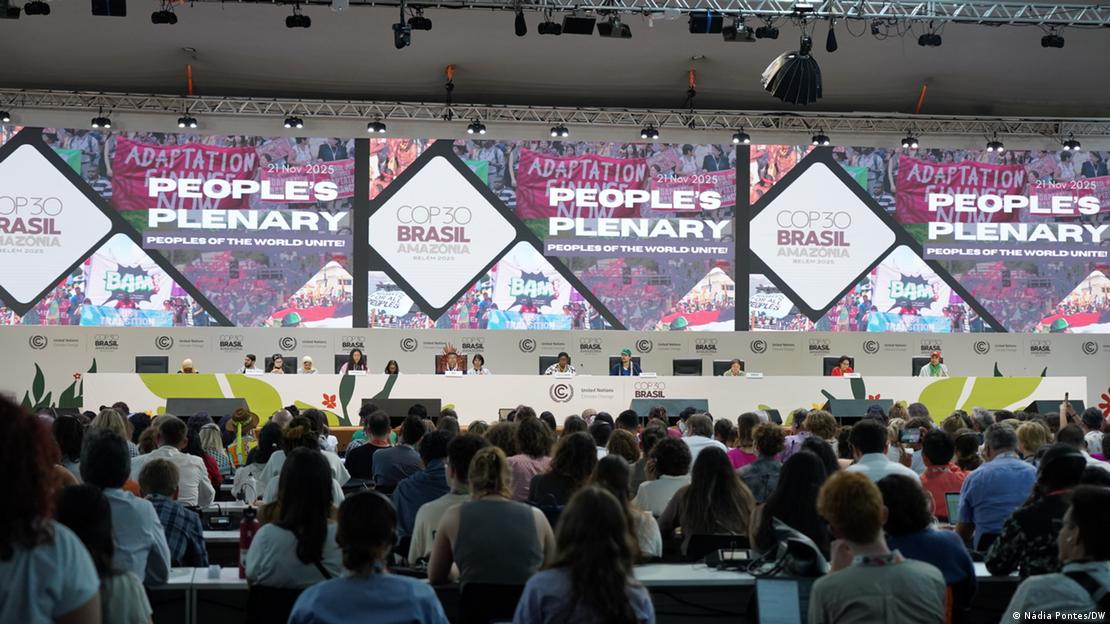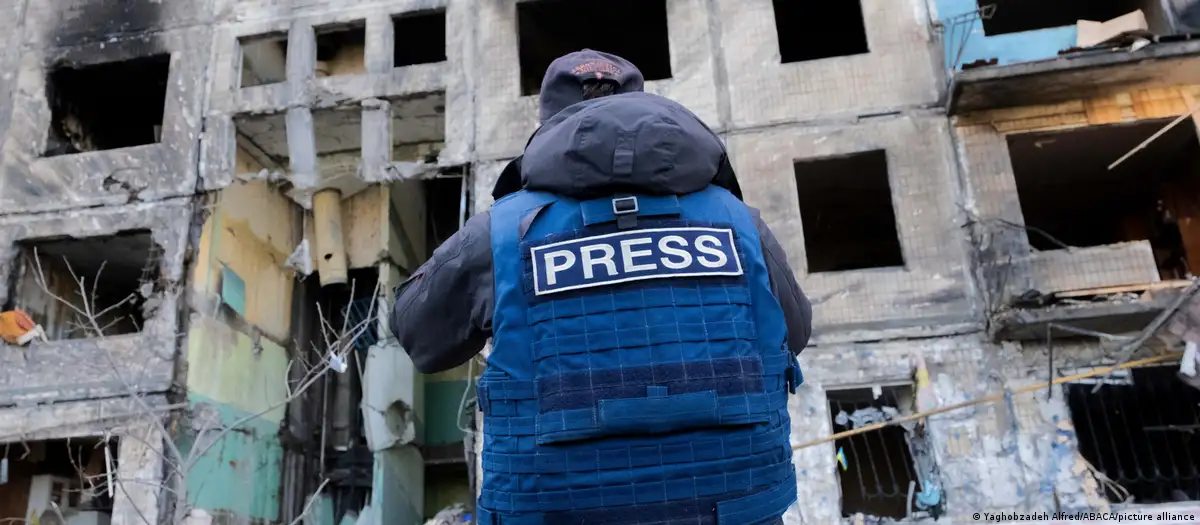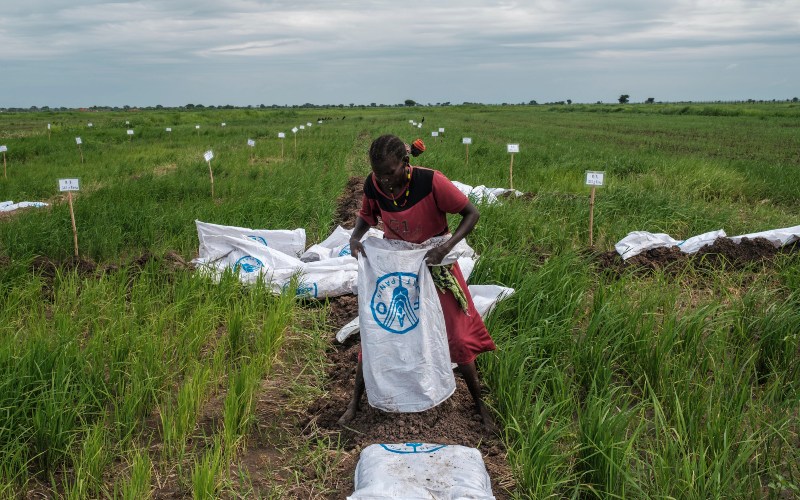UN declares famine in Gaza as over half a million people face starvation

The Food and Agriculture Organisation (FAO), UNICEF, the World Food Programme (WFP), and the World Health Organisation (WHO) stressed that immediate action is needed to avert further mass deaths.
Famine has been officially declared in Gaza, with United Nations agencies warning that more than half a million people are already starving and hundreds of thousands more are at imminent risk.
The declaration comes after a new Integrated Food Security Phase Classification (IPC) analysis confirmed that extreme food deprivation, acute malnutrition, and starvation-related deaths have reached critical thresholds. Conditions are projected to spread from Gaza to Deir Al Balah and Khan Younis in the coming weeks.
More To Read
- UN condemns Israel for storming UNRWA compound in East Jerusalem
- Egypt rejects US plan for foreign control in Gaza, insists Palestinians must govern themselves
- Patients suffer as Gaza hospitals faces severe shortage of life-saving medicines
- Israeli raids and settler attacks deepen humanitarian crisis in West Bank
- UN support helps Gaza mothers give birth amid collapsing health system
- Gaza’s once-growing economy nears total collapse amid war and blockade
The Food and Agriculture Organisation (FAO), UNICEF, the World Food Programme (WFP), and the World Health Organisation (WHO) stressed that immediate action is needed to avert further mass deaths.
“People in Gaza have exhausted every possible means of survival. Hunger and malnutrition are claiming lives every day, and the destruction of cropland, livestock, greenhouses, fishery and food production systems has made the situation even more dire,” FAO Director General QU Dongyu said.
“Our priority must now be safe and sustained access for large-scale food assistance. Access to food is not a privilege, it is a basic human right.”
By the end of September, over 640,000 people in Gaza are expected to face catastrophic levels of food insecurity, while another 1.14 million are projected to be in emergency conditions. Malnutrition among children is escalating at alarming rates.
Malnutrition among children is accelerating at an unprecedented pace. In July, more than 12,000 children were identified as acutely malnourished – the highest monthly figure ever recorded and a six-fold increase since the start of the year. Nearly one in four of these children is suffering from severe acute malnutrition, the deadliest form.
The number of children at severe risk of death from malnutrition is projected to triple, rising from 14,100 in May to 43,400 by June 2026.
Pregnant and breastfeeding women are also facing dire conditions, with an estimated 55,000 expected to suffer from perilous levels of malnutrition by mid-2026. One in five babies in Gaza is now born prematurely or underweight.
The humanitarian crisis is compounded by nearly two years of conflict, repeated forced displacement, and severe restrictions on aid and basic services.
Access to food remains extremely limited, with rising prices and disrupted supply chains. Over 98 per cent of cropland is damaged or inaccessible, food prices are extremely high, and humanitarian deliveries remain insufficient and inconsistent.
"Nine out of ten people have been displaced from their homes. Gaza’s health system is collapsing, with hospitals lacking medicine, fuel, and safe water, while infections, including multi-drug resistant ones, are surging among children. Aid deliveries remain insufficient, inconsistent, and often disrupted, with most UN trucks looted amid growing desperation," the agencies said.
They called for an immediate and sustained ceasefire to allow unimpeded delivery of food, medical aid, and other essential services.
WFP Executive Director Cindy McCain emphasised that “full humanitarian access and a ceasefire now are critical to save lives.”
Without swift and large-scale assistance, the agencies warn, famine conditions will continue to spread, placing the most vulnerable, including children, the elderly, and people with disabilities, at extreme risk of death.
“A ceasefire is an absolute and moral imperative now,” said WHO Director-General Dr Tedros Adhanom Ghebreyesus.
Top Stories Today












































